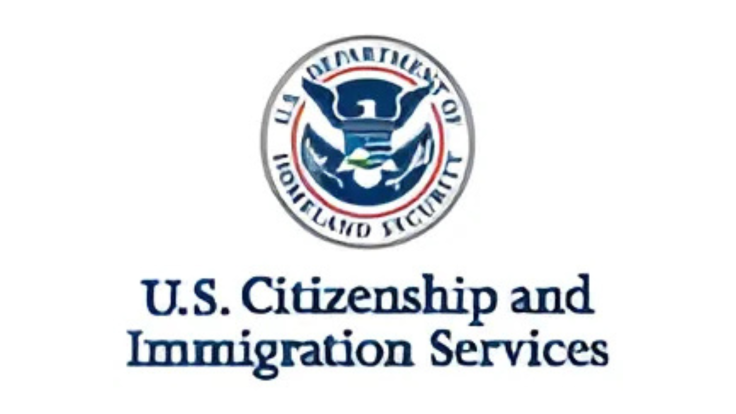
The Trump administration has ordered U.S. Citizenship and Immigration Services (USCIS) officers to take a more holistic view when deciding whether immigrants qualify for US citizenship. In a policy memo dated 16 August 2025, officers were told to examine both negative conduct and positive community contributions before approving or denying naturalization applications The guidance encourages officials to look beyond the absence of disqualifying crimes and make a 'genuine positive assessment' of an applicant's character.
Under US law, naturalization applicants must demonstrate 'good moral character', a requirement that has traditionally barred those convicted of murder or serious violent crimes. The new memo, however, expands the range of conduct that officers can consider. It urges them to weigh misdemeanours and even behaviour that is legal but frowned upon – such as reckless driving alongside evidence that the applicant is a positive community member.
What does the memo change
The guidance states that officers must now look at an applicant's 'positive attributes', including community service, education and employment achievements, caregiving responsibilities and tax compliance. Officials are instructed to consider letters from friends, religious leaders or employers attesting to an applicant's character. At the same time, the memo explicitly notes that convictions for drug use, prostitution, two or more drink‑driving offences or habitual traffic infractions should weigh against applicants. USCIS officers may also treat non‑criminal behavior such as repeated reckless driving or failing to meet child‑support obligations as evidence of poor moral character.
When and why is this happening
The memo was issued on 16 August, during the early months of Donald Trump's second term as President and takes effect immediately. It forms part of a broader push by the administration to tighten immigration enforcement and reduce the number of naturalized citizens who have had brushes with the law. USCIS said the aim is to 'restore a rigorous, holistic and comprehensive' assessment of good moral character, rather than relying on a checklist of disqualifying offences. Officials have been told to weigh all relevant evidence, both favorable and adverse, before reaching a decision.
Where and who will it affect
The policy applies nationwide to all naturalization applications handled by USCIS. Applicants for US citizenship already face numerous hurdles, including residency requirements, passing a civics test and demonstrating English proficiency. The new guidelines mean that their entire personal history from driving records to community involvement may now be scrutinized. Immigrants with multiple drink‑driving convictions or minor drug offences, who might previously have slipped through if they met statutory requirements, could see their applications denied. Conversely, those with minor infractions may benefit by providing evidence of rehabilitation, volunteer work, or care for family members.
Why are positive factors part of the test
USCIS argues that good moral character is not merely the absence of crime, but a positive quality evidenced by how applicants live within their communities. The memo notes that officers should credit applicants who have reformed for example, by completing court‑ordered programmes, paying back taxes or making up lapsed child‑support payments. Sustained community involvement, steady employment or raising a family can also count as positive evidence. The agency said this ensures that applicants are judged on their 'overall character' rather than isolated missteps.
How will the policy be implemented
USCIS officers will continue to use existing statutory bars such as convictions for murder, aggravated felonies or certain terrorism‑related offences to reject applications outright. For other offences, they now have explicit discretion to balance negative acts with evidence of rehabilitation. Officers can request additional documentation or interviews to probe an applicant's past behaviour and character. Decisions can be appealed through administrative and federal courts.







